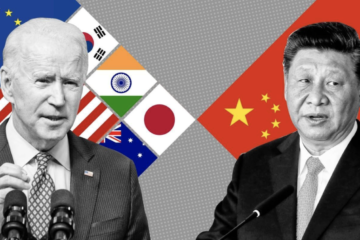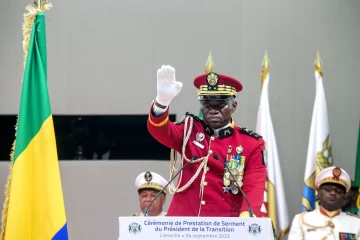The definitive impact of the Iranian nuclear programme on the Israeli-Palestinian negotiations must not be underestimated given the intertwining relationship (and arguably mutually exclusive nature) of Secretary of State John Kerry’s twin American goals – finding a diplomatic solution for Iran’s nuclear programme, and forging Israeli-Palestinian peace – and the already tense backdrop between America and Israel. Indeed, the prominence of Iran has arguably altered America’s ability for the worse to broker an agreement, with the rights of Palestine once more being put on the back-burner at the expense of another state.
Poor tensions have always been present between Obama and Netanyahu, albeit underground in recent times, following the latter’s political move to embrace Republican presidential candidate Mitt Romney during last year’s election. However, the current state of affairs over Tehran has led to Israel escalating its campaign against the Obama administration even further over its negotiations with Iran, turning to US domestic audience to pressure the White House for a tougher deal. Netanyahu sees the nascent Iranian pact as a ‘mistake of historic proportions’ that would ease international sanctions on Iran whilst not ensuring any reduction in Iran’s current nuclear capacity. In response, Kerry has argued that the deal with Iran will help protect Israel more effectively; although the extent to which that will calm Netanyahu’s angry reaction to the prospect of a short-term US pact with Tehran is contentious. If Netanyahu is not happy with the outcome of Iran, will the prospect of re-starting the Palestinian issue potentially be written off altogether?
To placate his other world, Kerry has assured the Middle Eastern world that the US deal with Iran will not affect Arab ties. Saudi Arabia’s rejection of a coveted two-year term on the UN Security Council was arguably demonstrative of the recent progress towards an agreement with Iran over its nuclear programme – alongside anger at the failure of the international community to end the war in Syria. Saudi has also shown the possibility of a rupture in Western-Arab relations as a result of US policy towards Iran by expressing a reconsideration of its close strategic ties with the US. Will this element of Arab questioning of the Western world make its voice heard and hinder the Israeli-Palestinian peace process?
The question of Iran has thus caused Israeli-Palestinian negotiations to be at their most delicate; indeed, a series of suspicions, inherent perceptions, and vows have been voiced on both sides of the diplomatic brigade. Obama’s decision to use Israeli-Arab conflict and Iran as the primary diplomatic initiatives in his presidency is a dangerous ground given that it provides both another channel and another obstacle for mediation. Kerry has questioned Israel’s seriousness about wanting peace with the Palestinians, whilst Netanyahu has vowed not to cave into any concessions and has utterly rejected an emerging nuclear deal with Iran. The fact that Netanyahu has conjoined both Palestinian concessions and Iran is not a positive sign for peace negotiations, as it provides a further roadblock and stalling of arrangements – is Israeli opposition to Iranian negotiations simply another excuse to prevent the creation of a two-state solution, or is the impact of the two toughest sets of decisions Israelis have to make coming down at the same time truly taking its toll?
It is unclear whether Iran’s decision to reject the nuclear agreement will prove beneficial for the Israeli-Palestinian peace tract, or whether it will ensue sharper American pre-requisites. In regards to the Israeli-Palestinian peace process, UN Secretary-General Ban Ki-Moon has said ‘we must recognise that the window is closing fast’. Given that only six months are left in the nine-month time frame Kerry laid out for Israelis and Palestinians to resume peace negotiations, the question of Iran may make this window close earlier than expected.


